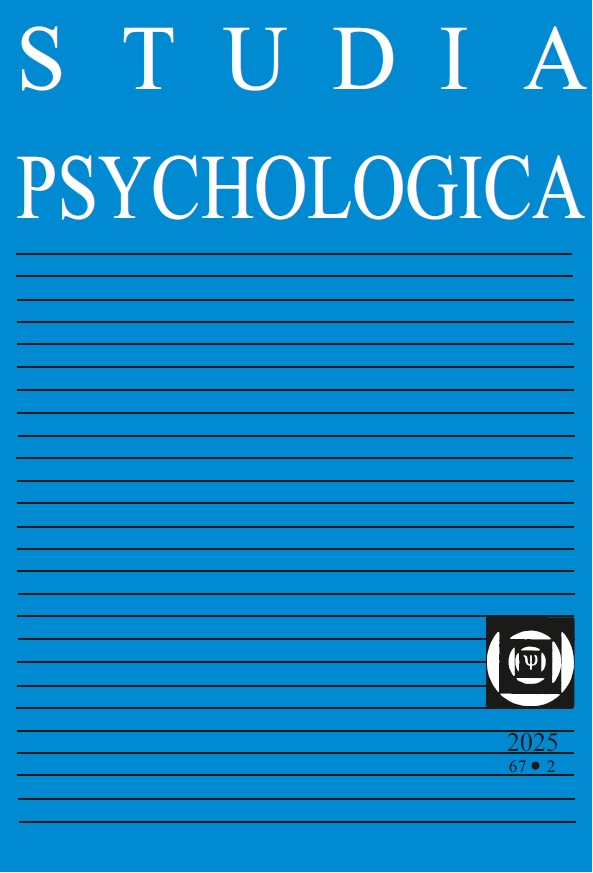Health-Related Disinformation: Should We Focus More on Reducing the Mindware Gap or Corrupted Mindware?
DOI:
https://doi.org/10.31577/sp.2025.02.915Keywords:
conspiracy beliefs, probabilistic thinking, scientific reasoning, anti-scientific attitudes, mindwareAbstract
The main aim of our study was to investigate whether COVID-19 conspiracy beliefs are driven by a lack of useful and potentially protective mindware or by contaminated mindware. On the quota sample of 501 adult Slovaks, we also investigated whether personally relevant content improves scientific reasoning by using two versions of scientific reasoning tasks – one with coronavirus scenarios and one neutral, but we found no effect. While probabilistic reasoning and scientific knowledge negatively predict belief in
COVID-19 conspiracy theories, anti-scientific attitudes significantly contribute to their higher acceptance. Thus, addressing anti-scientific attitudes and developing probabilistic reasoning and scientific knowledge may be crucial to attenuate health-related conspiracy beliefs.
Downloads
Additional Files
Published
Issue
Section
License
Copyright (c) 2025 Studia Psychologica

This work is licensed under a Creative Commons Attribution-NonCommercial 4.0 International License.


